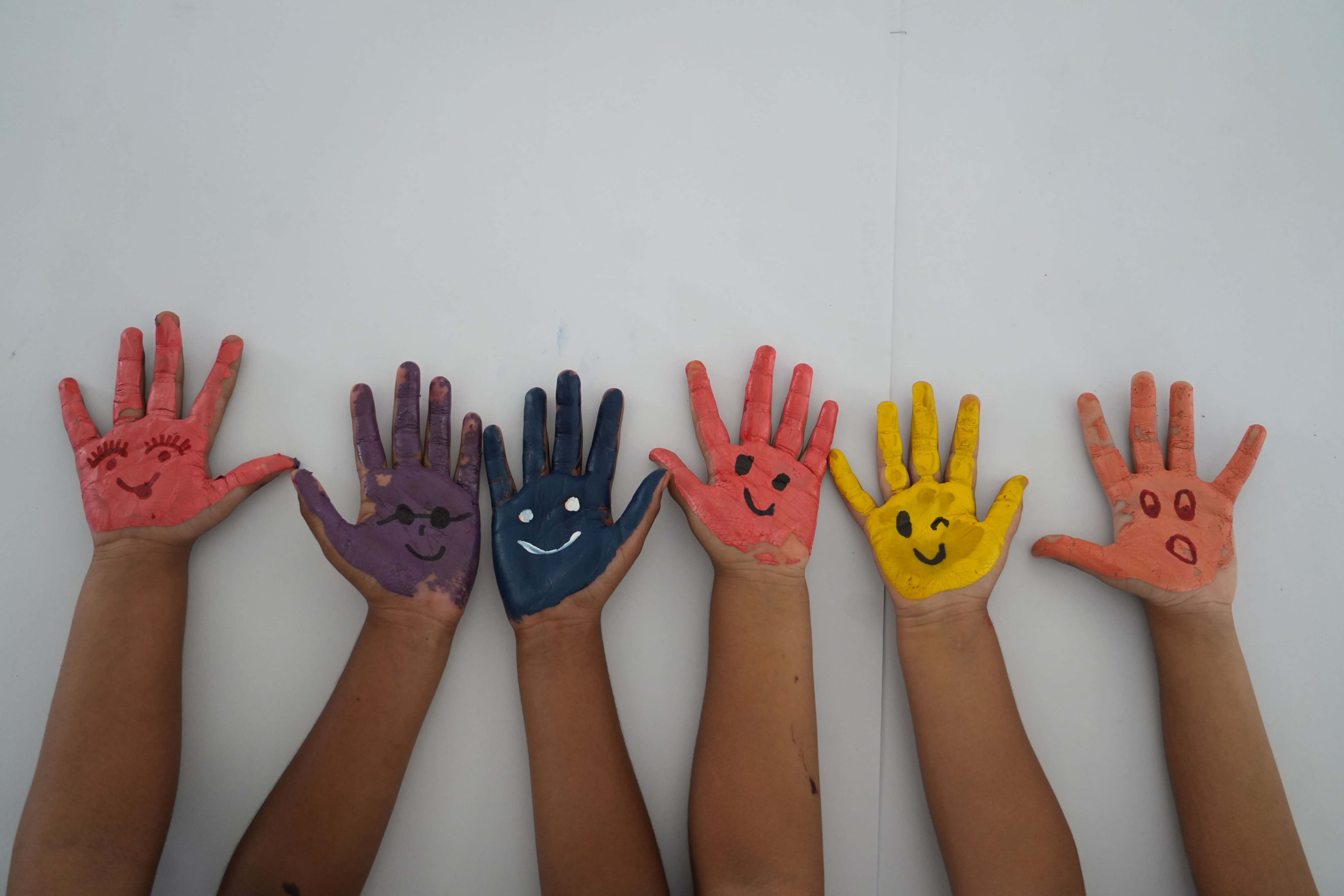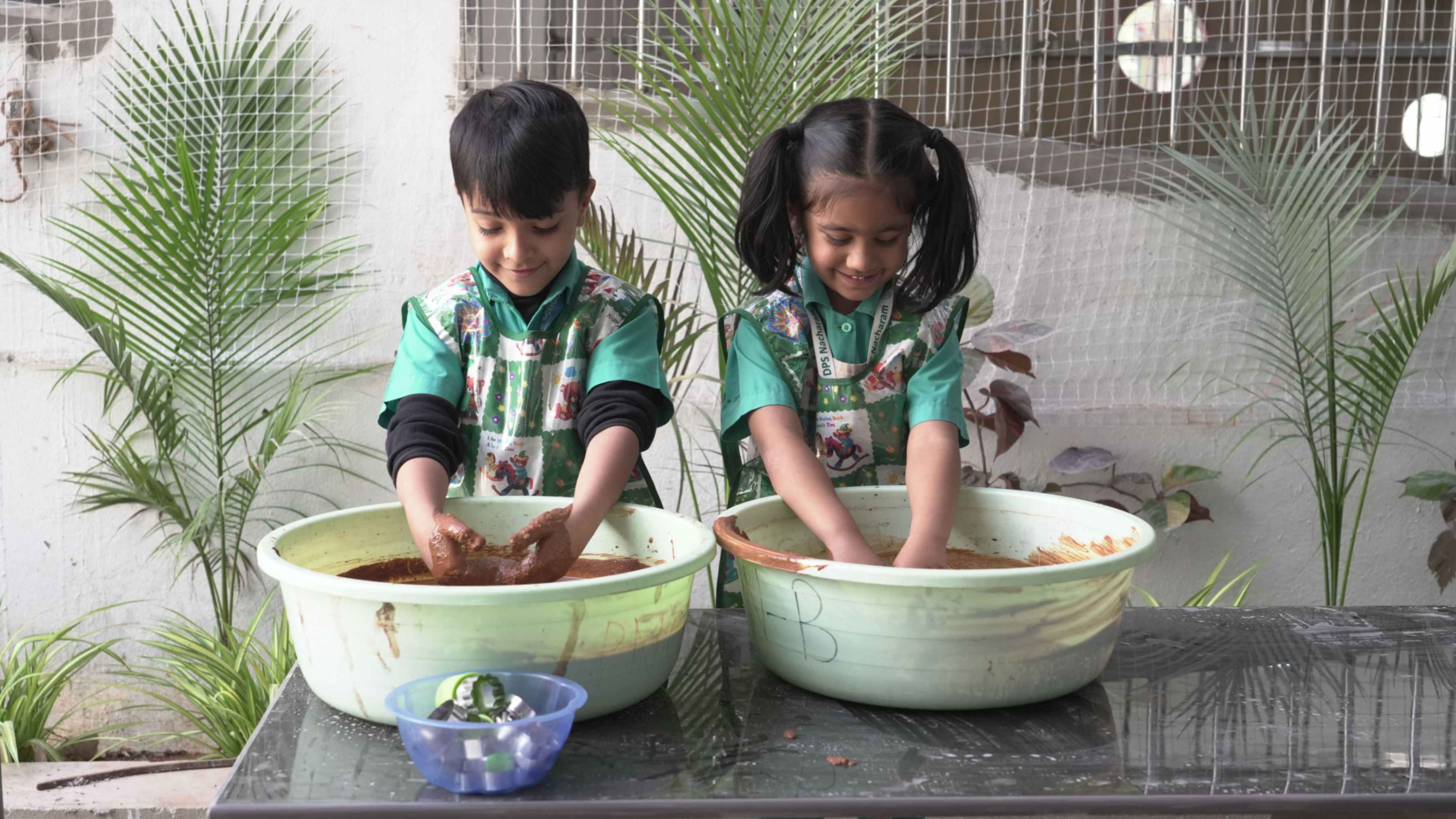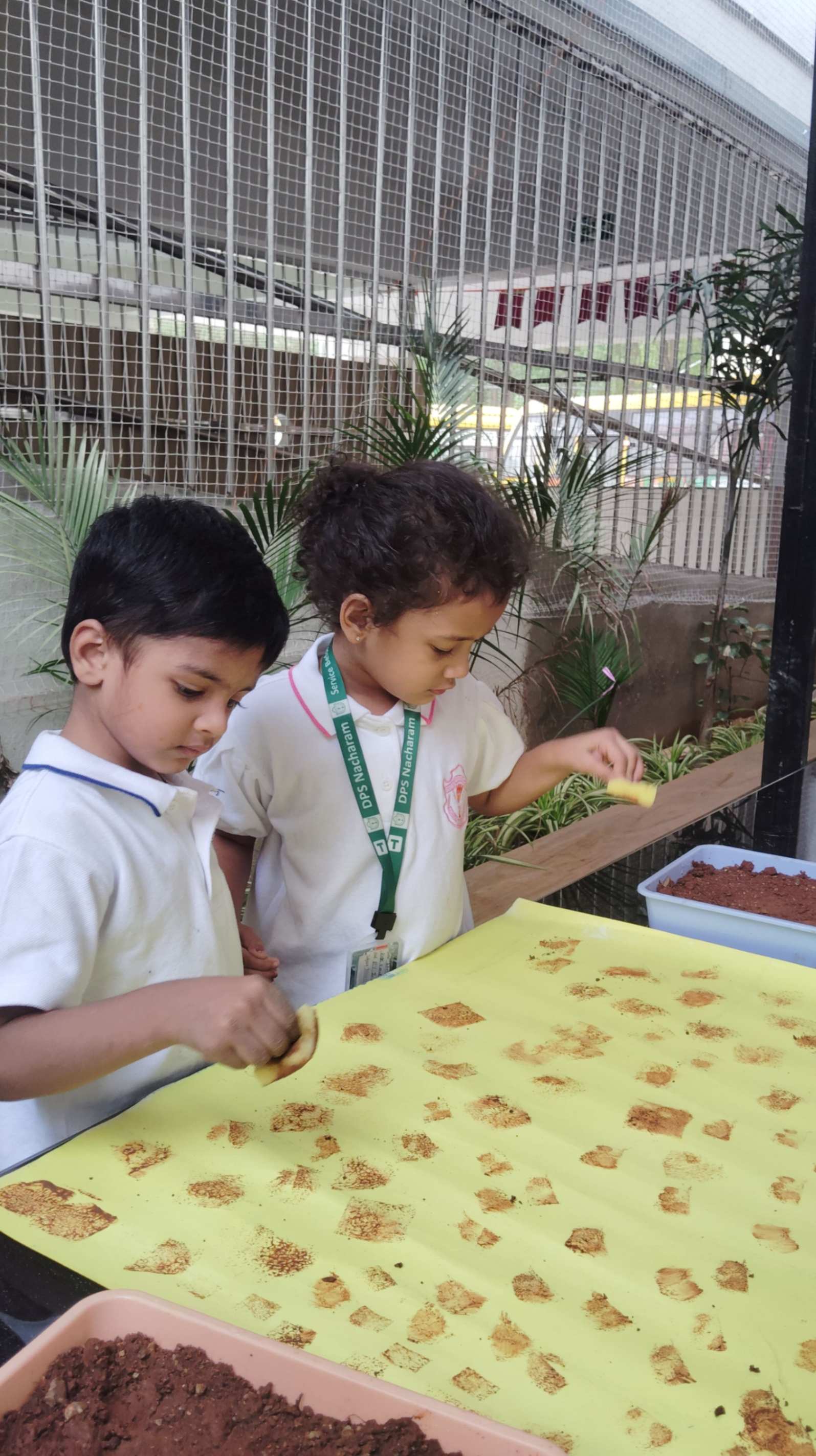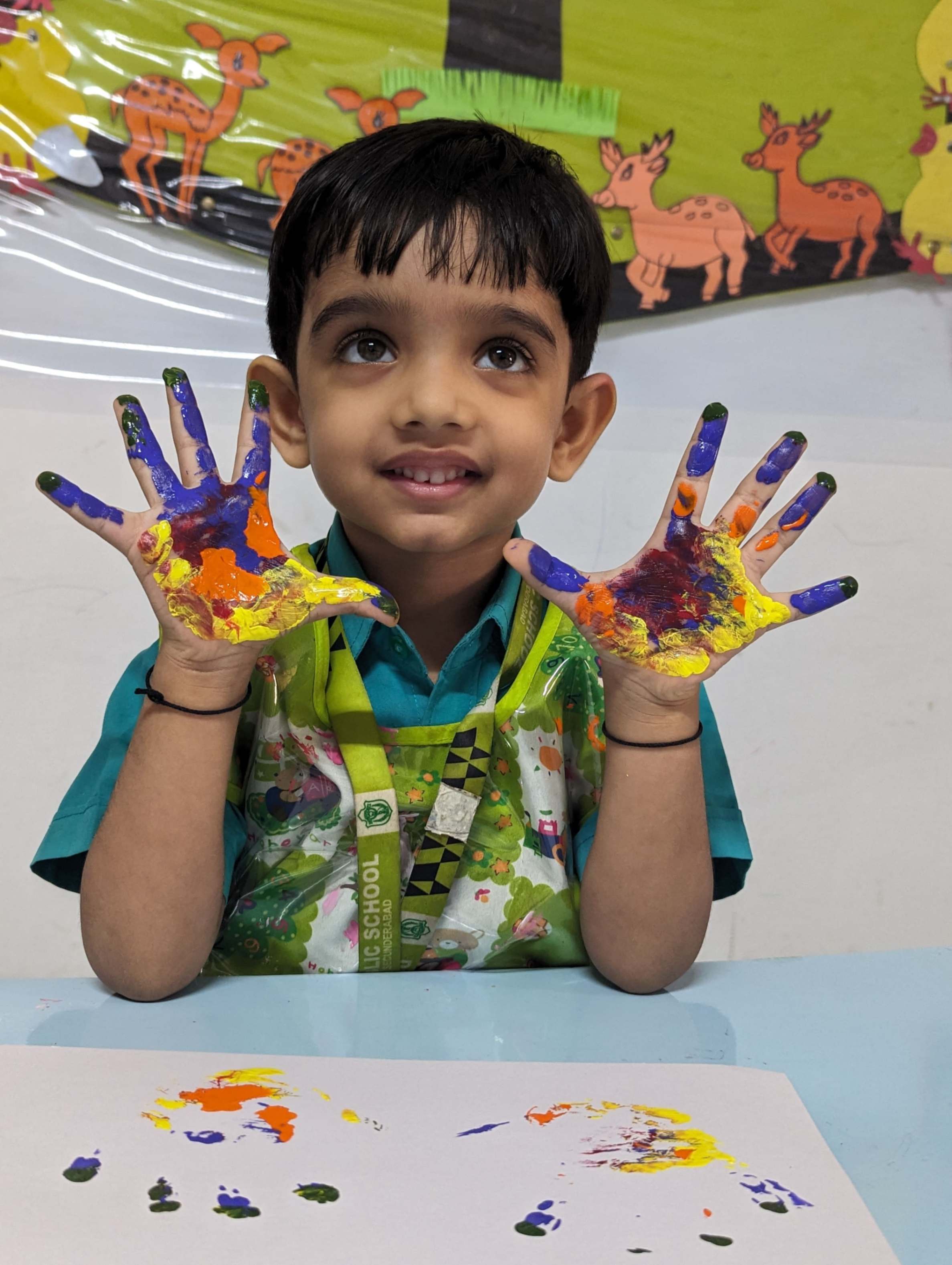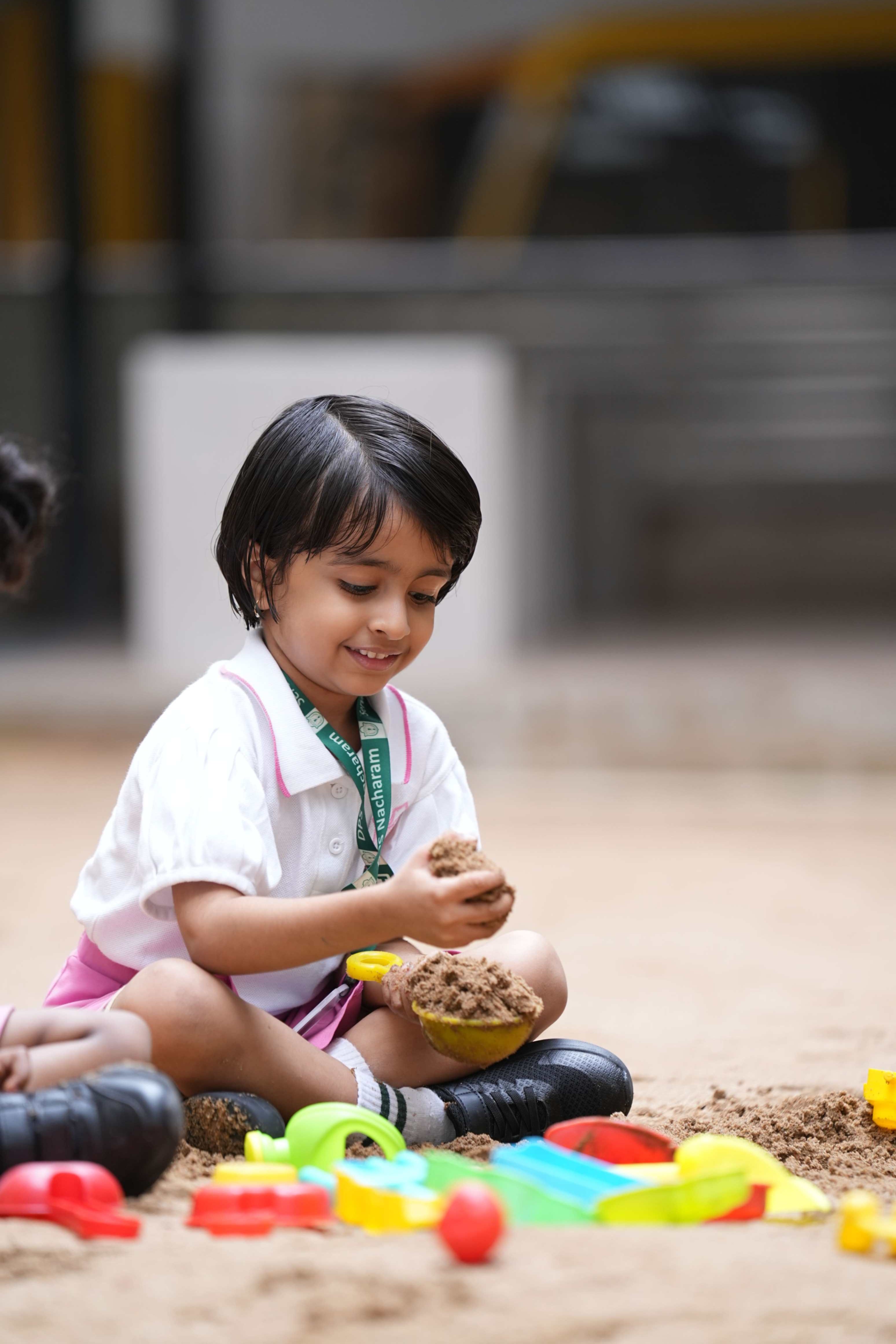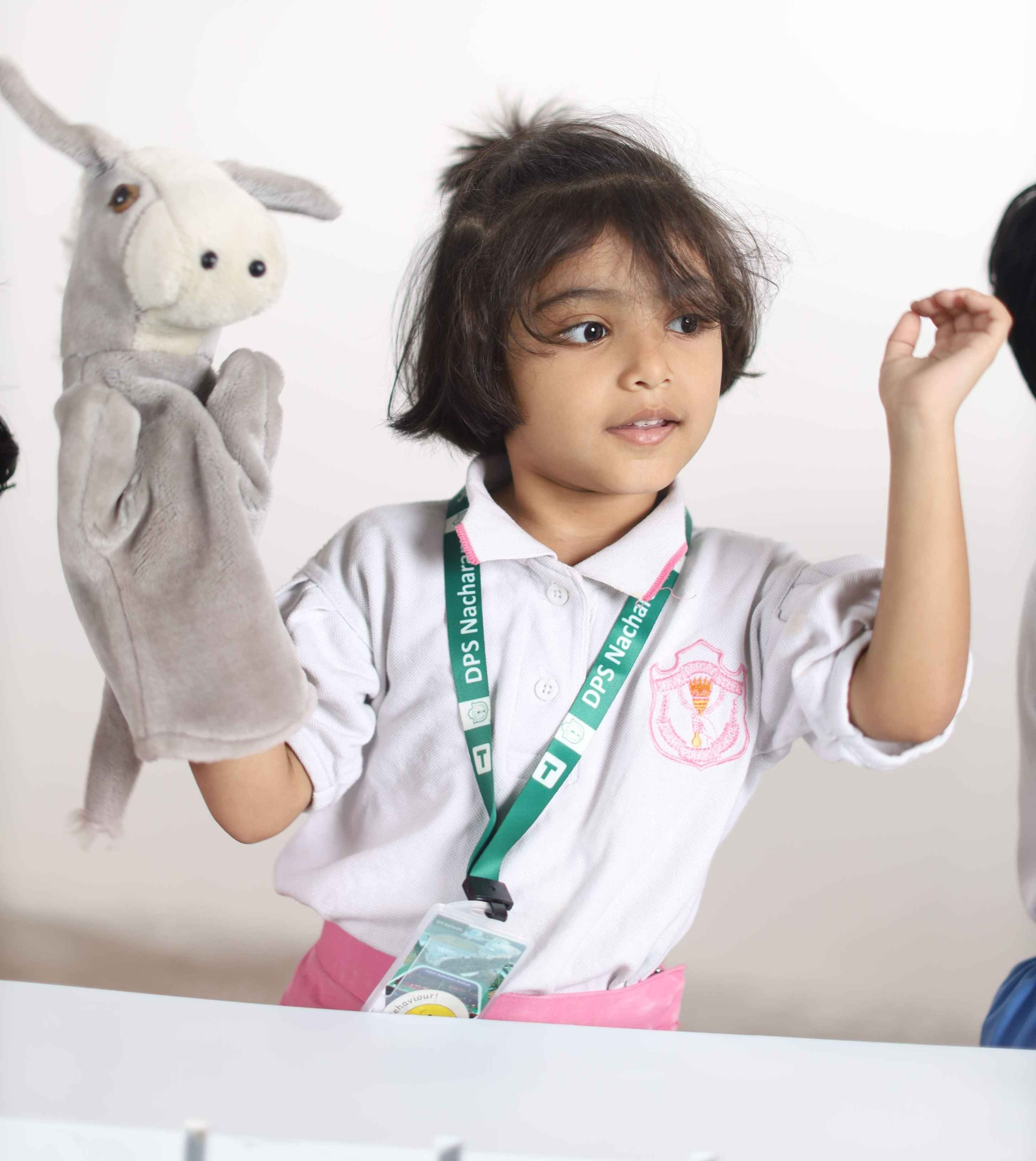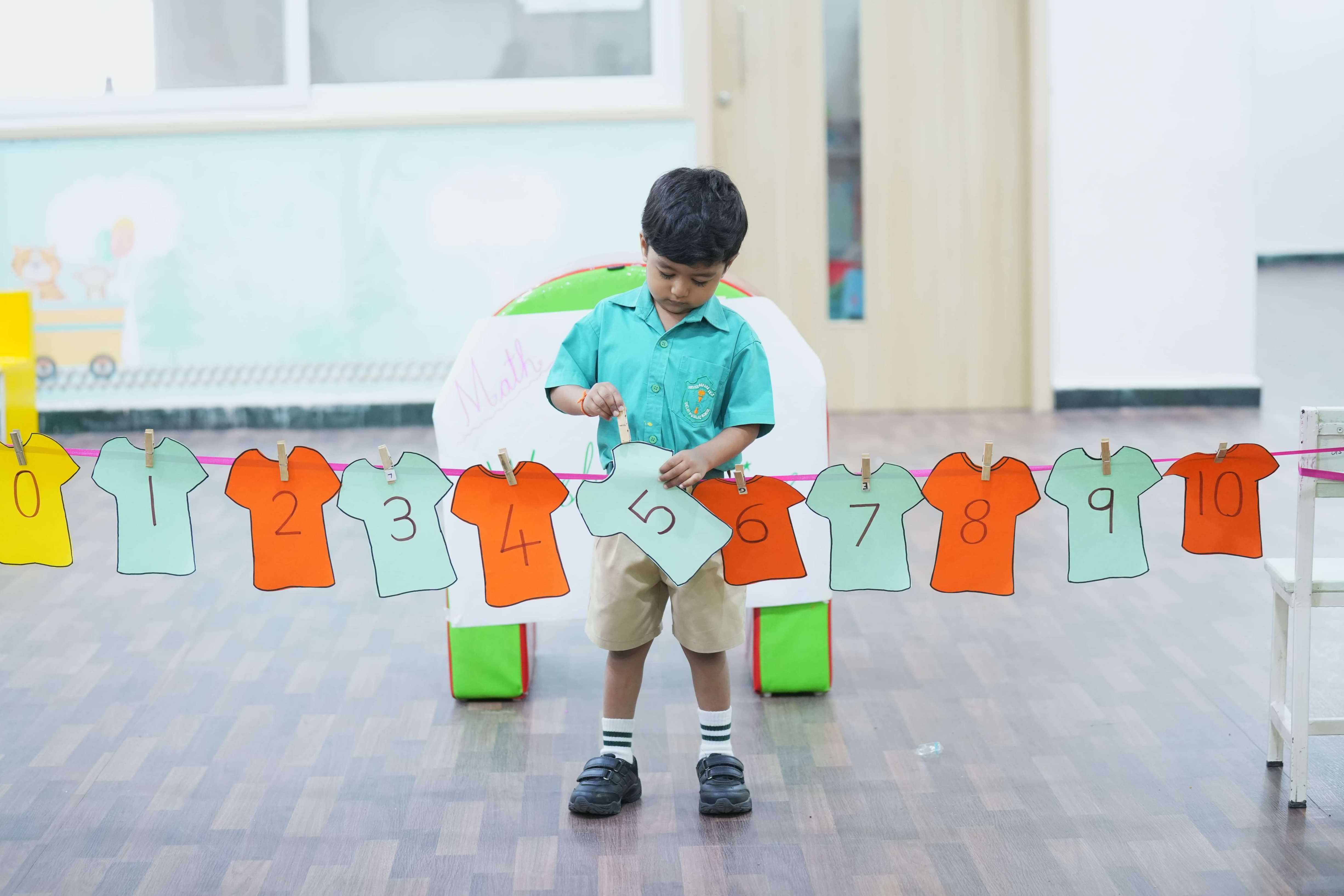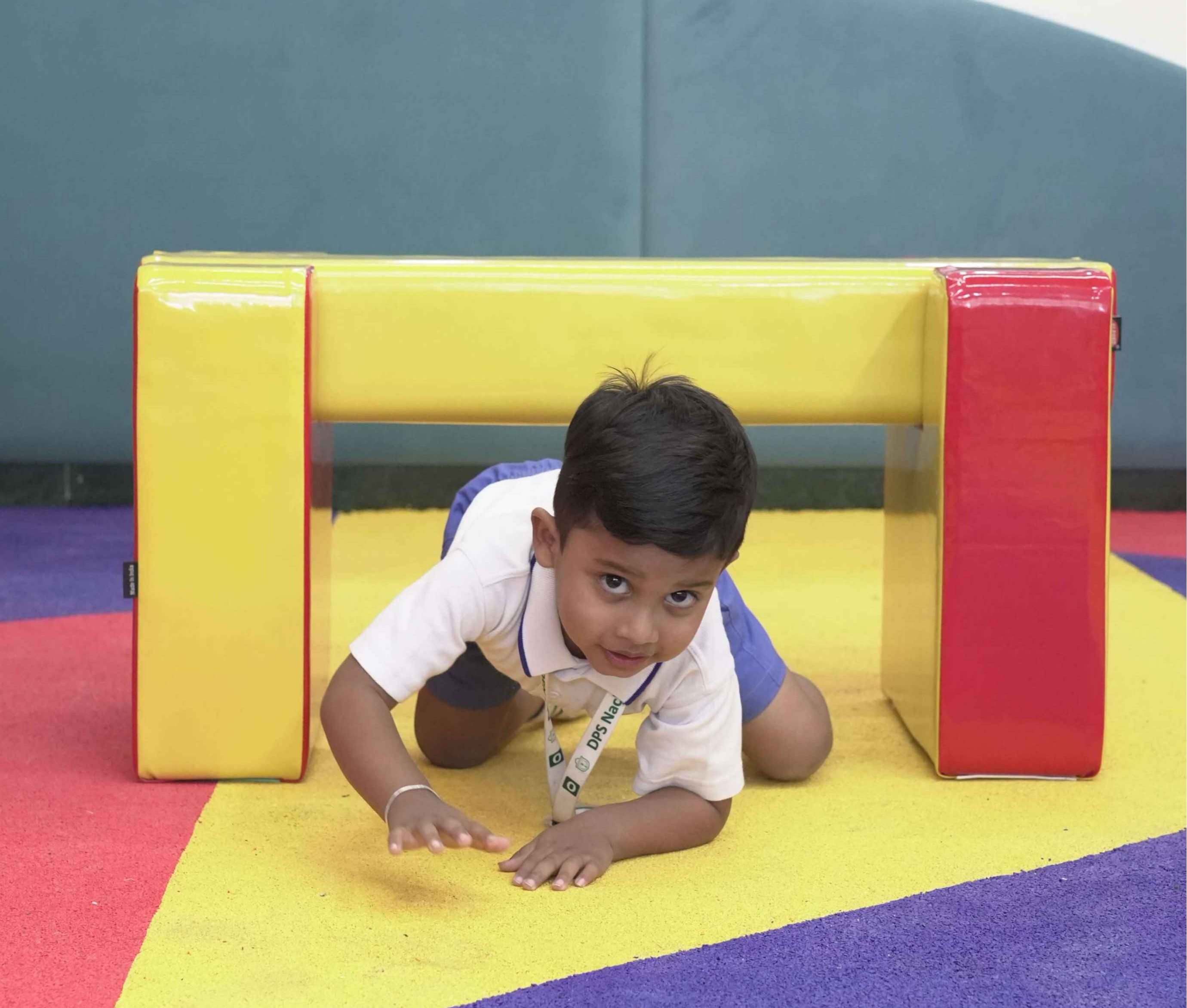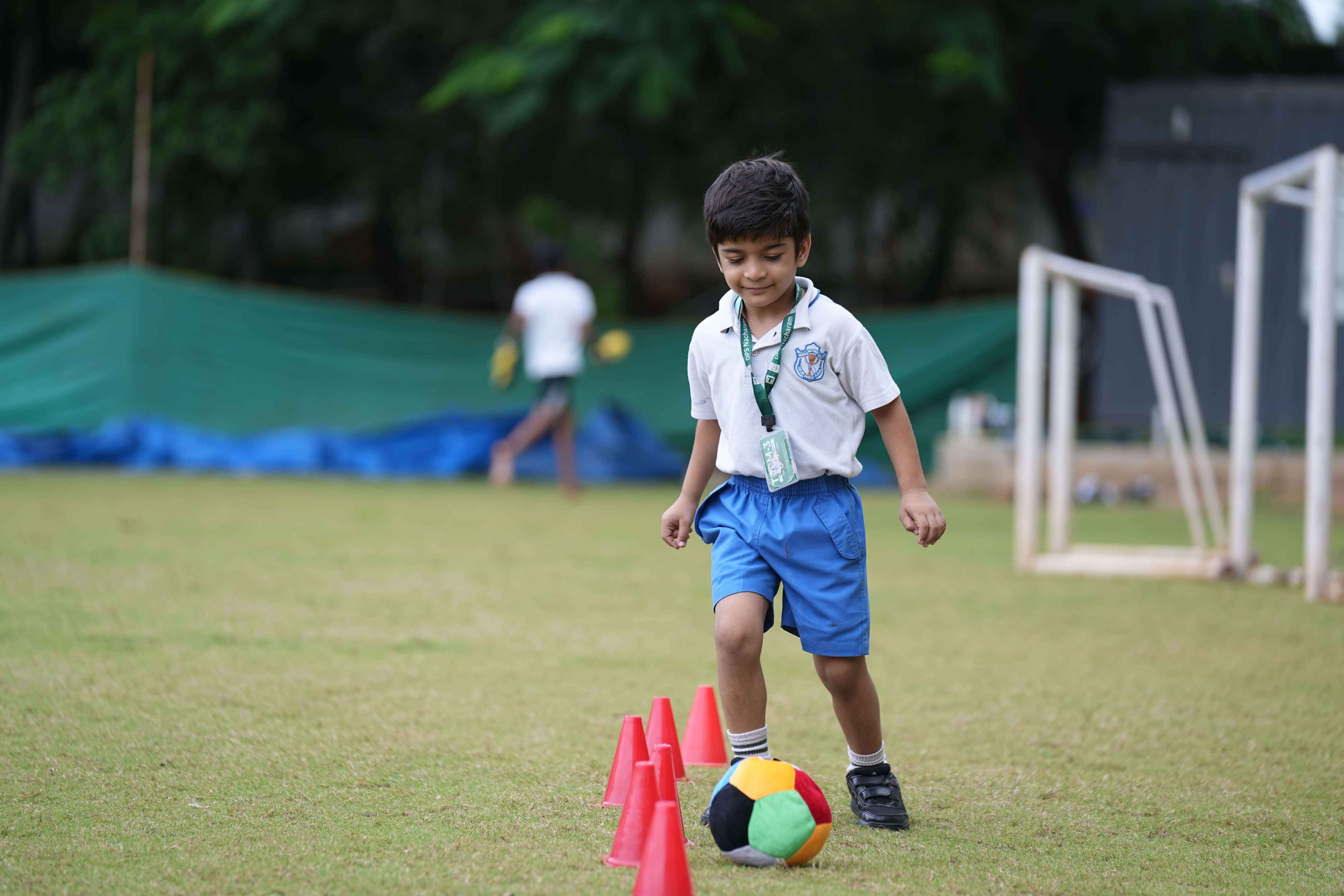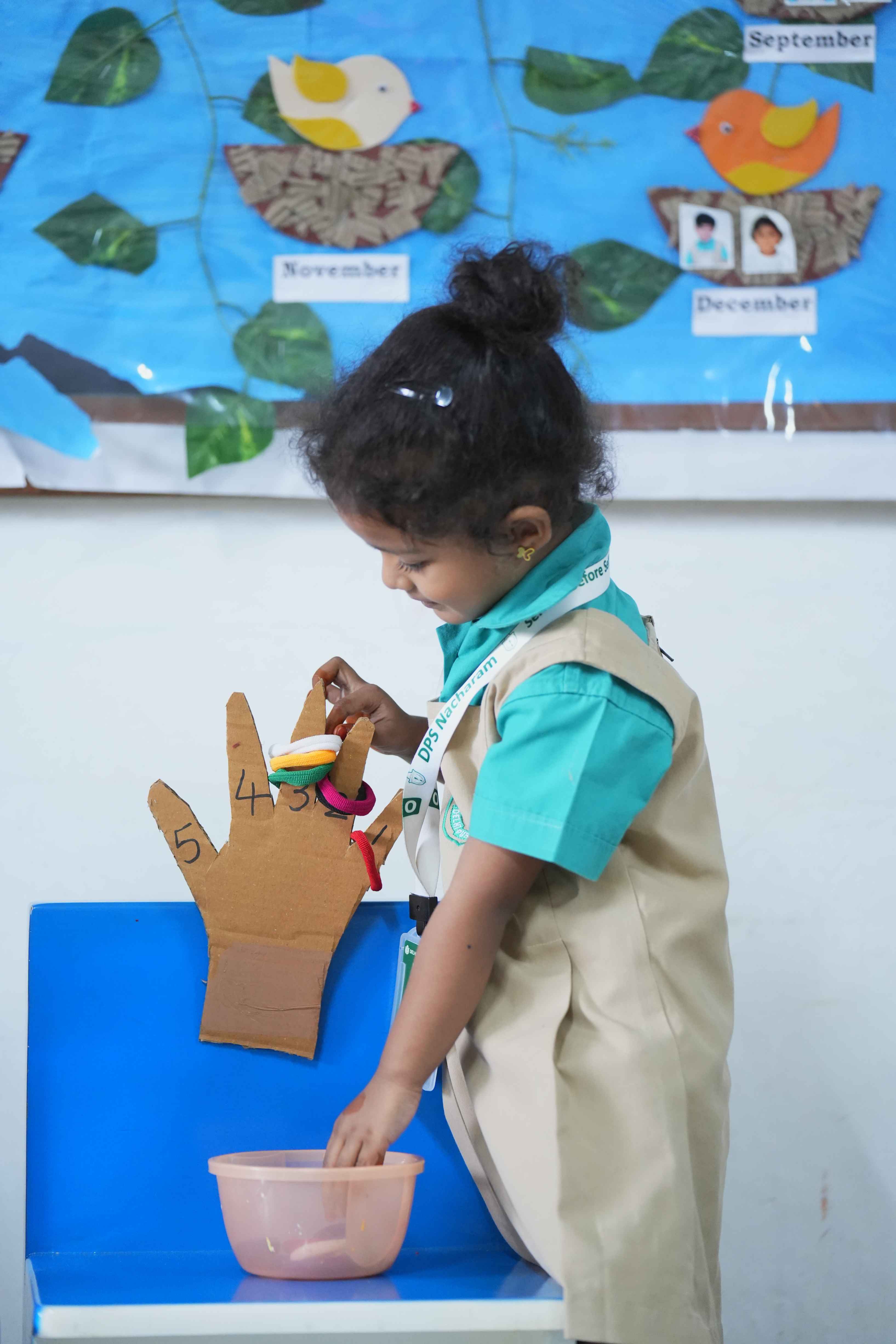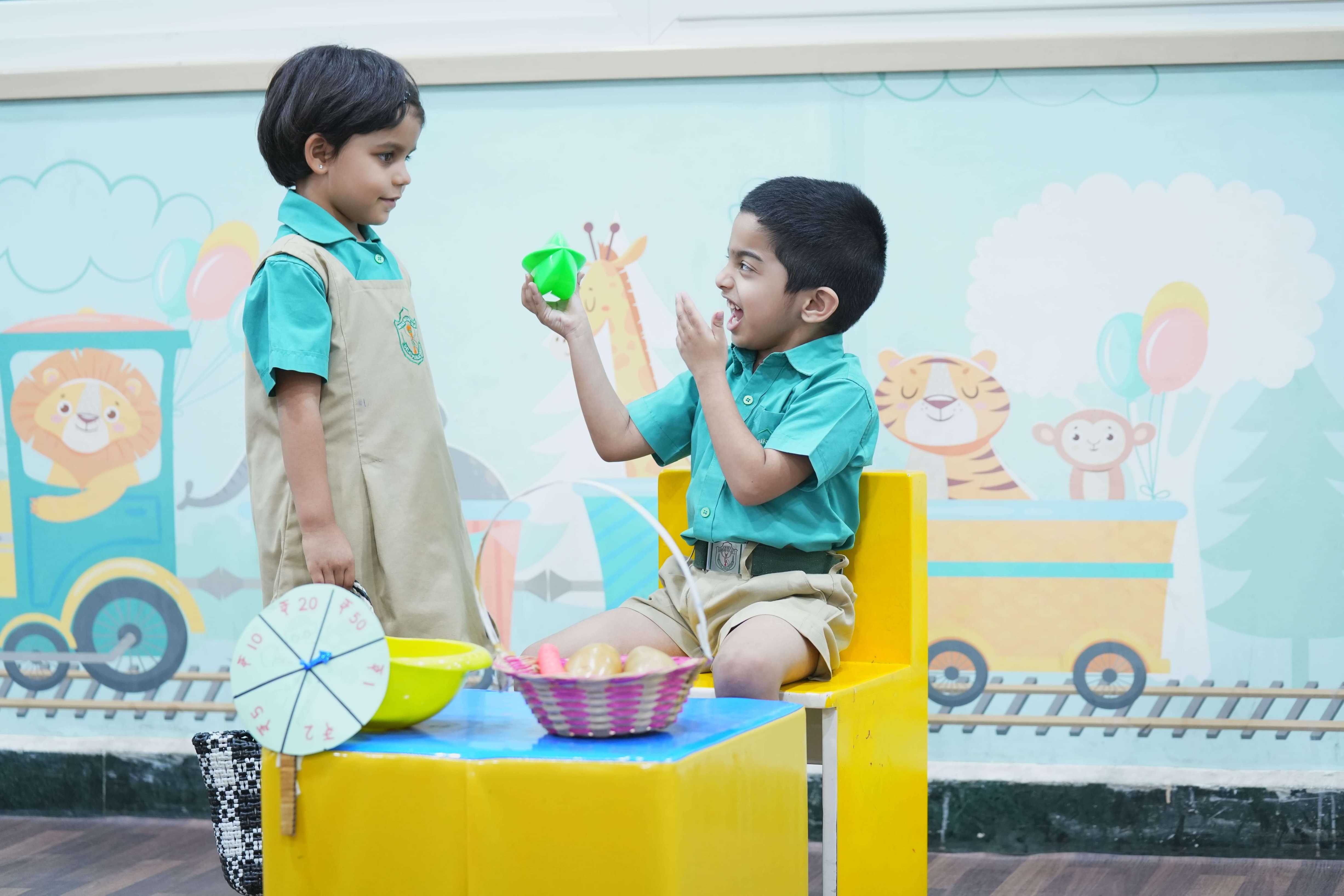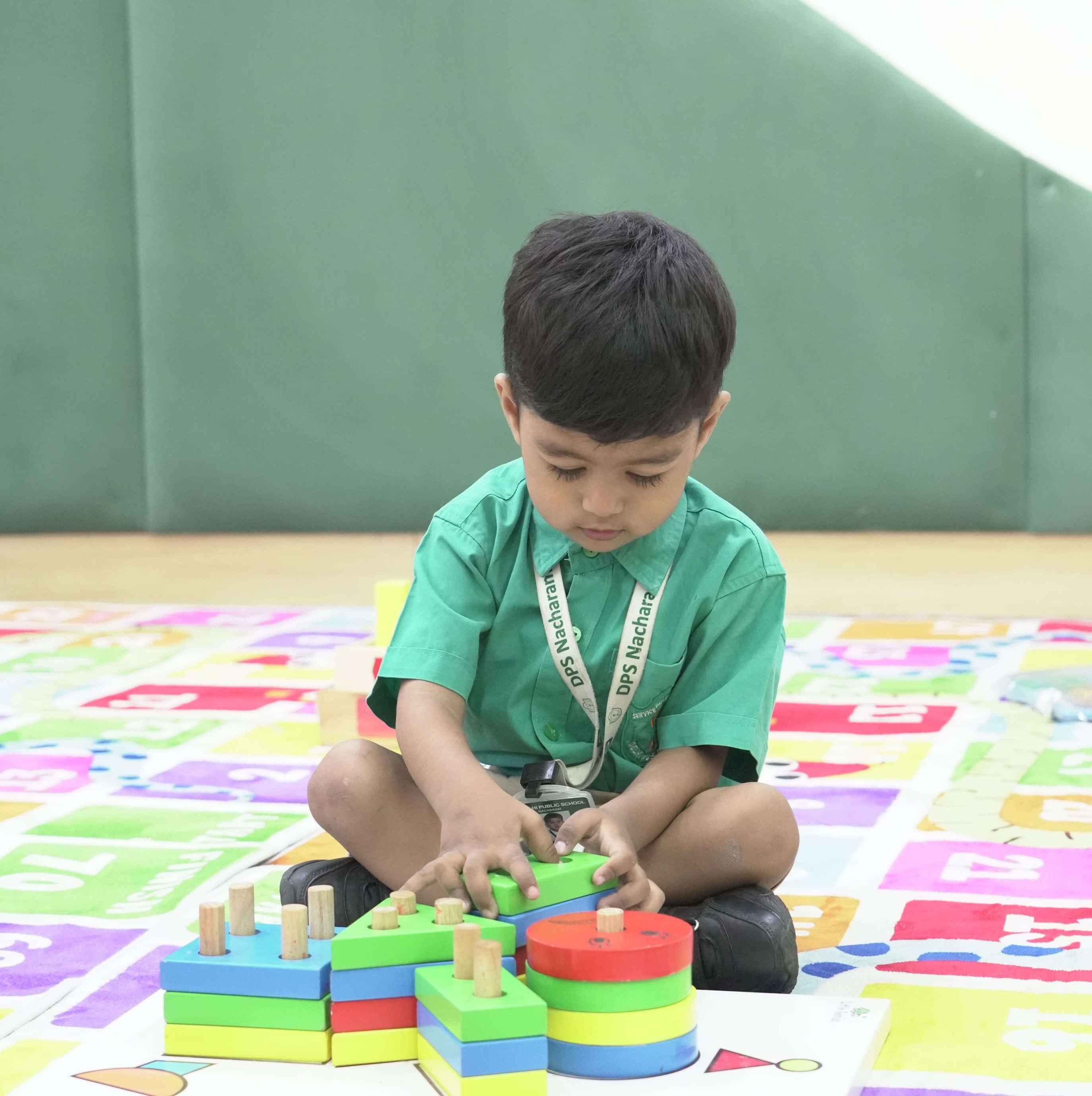Importance and Six Learning Areas
INTRODUCTION
The early years of a child's life are critical for their overall development. During this period, children go through rapid physical, cognitive, emotional, and social growth. To facilitate optimal development, early childhood education employs a structured curriculum that emphasizes both play-based learning and intentional teaching.

Importance of Early Years Curriculum
WHY CHOOSE US
International Recognition


Experiential & Research Based Learning
A well Designed Curriculum


Leadership Programme
Active Learning

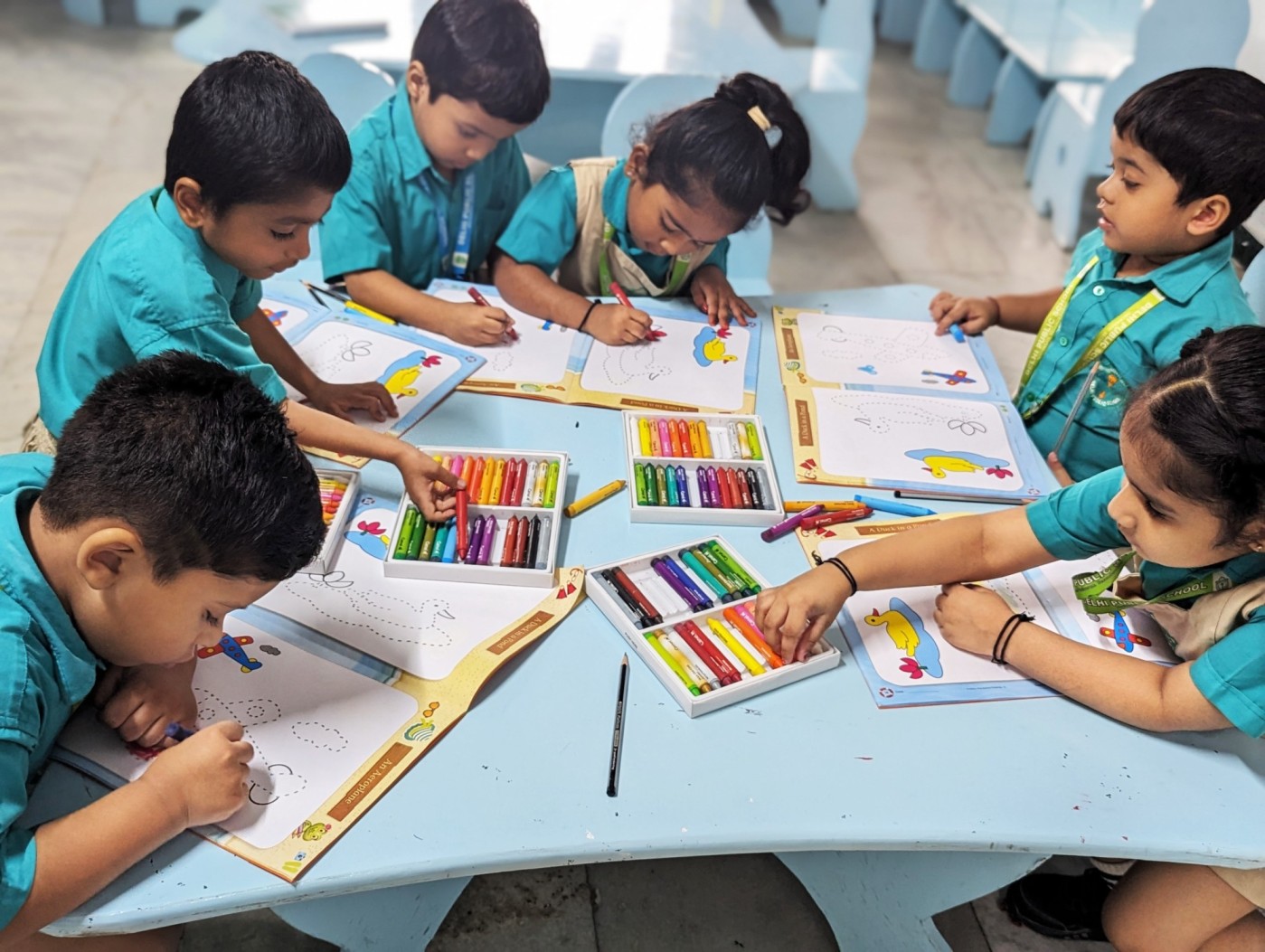

Global Perspective
Preparation for the future


Smooth Transition
Highly Trained Teachers


Parent Involvement
The Early Years Experience

FAQ’s related to Early Years
DPS Nacharam follows the Cambridge Early Years Curriculum, focusing on holistic, play-based, and hands-on learning. Subjects include Communication & Language, Mathematics, Understanding the World, Hindi/Telugu, and Creative Expressions.
A healthy student–teacher ratio of 1:25 ensures personal attention and meaningful engagement for every child.
Students explore Art & Design, Music, Dance, Storytelling, Mud Kitchen, and Creative Play—nurturing imagination, confidence, and collaboration.
The campus and transport systems are under CCTV surveillance with trained staff, secure access points, and GPS-enabled buses, ensuring safety at every step.
Yes, children enjoy short and safe field trips designed to connect classroom learning with real-world experiences.
Teachers maintain detailed observation records and portfolios for each learner, ensuring every child’s pace and interests are carefully nurtured.
Parents Speak
Enquiry
 Apply Now
Apply Now




